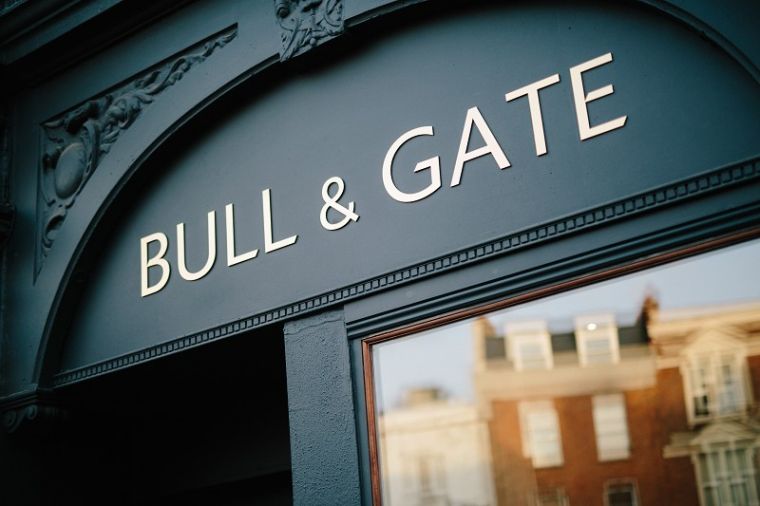DIY church: It's beautifully ramshackle, but it works
It was driving past The Bull and Gate pub in North London that did it. Because no longer was it the archetypal dodgy music boozer. Instead it's a gastro pub and it is as if all those gigs and good times never happened.
I've got an interest to declare. Back in the '80s I was obsessed with music. I read about it, talked about it and sang in a band. Didn't we all!

It was an odd time in a way. The post New Wave generation really went for it. Music venues sprang up, although they were in pretty rough areas. Bands put out singles and the radio played them – sometimes.
It was all fuelled by a new journalism that championed the underdog and used a lot of the terminology you'd find on English Literature degrees at new universities. It was a thriving scene and I for one loved being part of it.
Now our little outfit put out a couple of LPs (as they were then) and we played at some rollickingly interesting venues – some that were truly worthy of the moniker – the pub toilet circuit.
Our horizons didn't stretch much beyond Islington and Camden, but the sheer verve and energy of '80s Indie was rather beautiful.
Looking back I'm not so surprised that the old venues are largely gone. The upward march of London simply swallowed them up. The internet killed the weekly music papers and us Indie kids went and got proper jobs and settled down.
But having driven past the old Bull I think there is a lot we can take from the '80s and a lot we can learn for church.
I realised pretty soon that music was very wasteful of human talent. I met lots of doomed geniuses. These were people who, if they had put the same amount of love and creativity into any other career, would have reaped all kind of rewards. But music somehow spat them out – rather like the doomed actor Withnail in that great movie.
As a priest I just want to make sure that we nurture enthusiasm, creativity and talent much better than what happened back in the '80s.
On the other hand, there was something beautifully ramshackle and do-it-yourself about the whole thing. The big labels were doing their thing but we just got on and put records out, set up clubs and enjoyed ourselves. Not to put too fine a point on it, most of us were pretty rubbish, but that didn't matter. Enthusiasm counted and you didn't have to read music.
I wonder if church could capture something of this DIY-ethic. Enthusiasm carried us on. I think church is heading in this direction as well – and that's great.
There was a really strong writing element to the movement. Journalists were all over us and with a national press we probably punched above our weight. We simply couldn't wait to read the NME each week. I am still waiting for the Christian press to be a s good as the music press back then. Yes we do have some great columnists, no question. But our reviews sections may need to be less nice and more incisive.
Being in a band helped me to understand what it was like to work in a team and to be creative. It also got me used to hecklers. On one night at the Marquee, Wardour Street we were supporting a wild band called Voodoo Child. They attracted lots of old rockers and hell's angels. We were polite English graduates who wrote songs about T S Eliot. After one song we were getting a hammering from the crowd. I whispered in my bass player's ear, 'Speed it up!' We did 14 songs in 18 minutes and beat a hasty retreat.
That week Melody Maker hailed us as the future of UK punk (and even used a picture) and the headliners didn't get so much as a mention.
Good work!
Steve Morris is the parish priest of St Cuthbert's North Wembley. Before being a priest he was a writer and ran a brand agency. In the 1980s he tried to become a pop star. Follow him on Twitter @SteveMorris214











